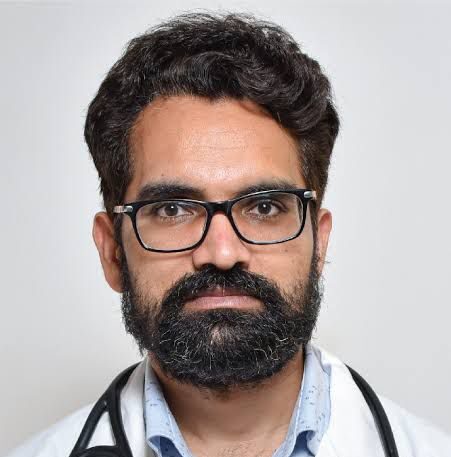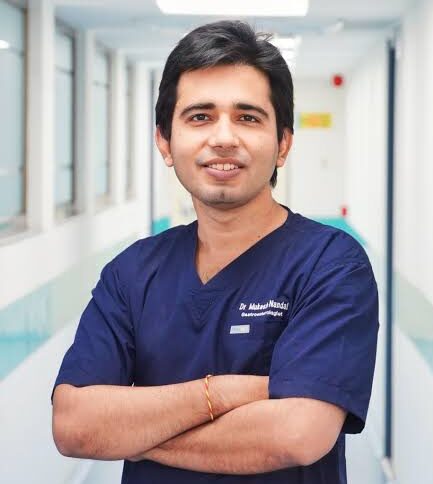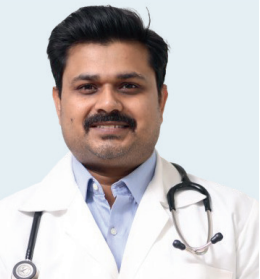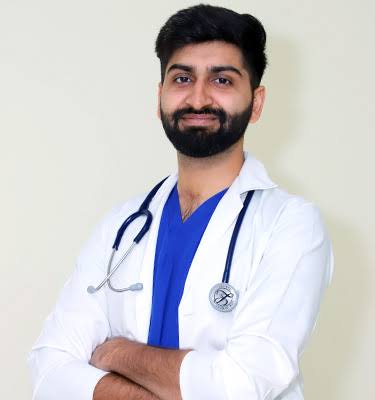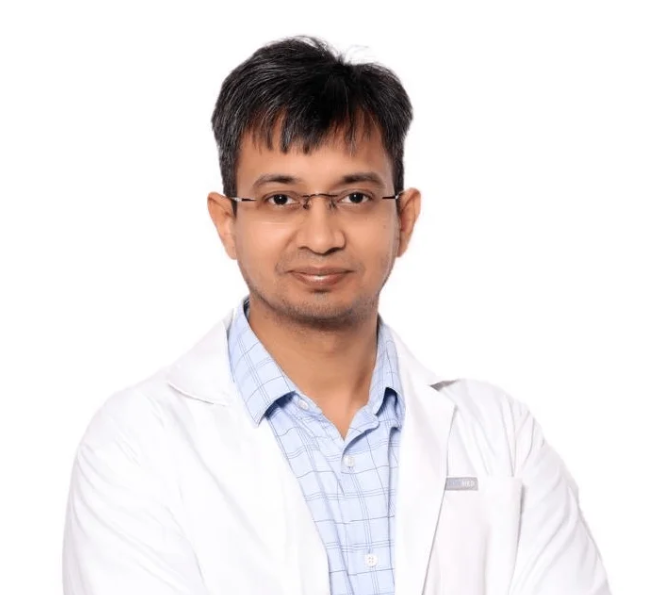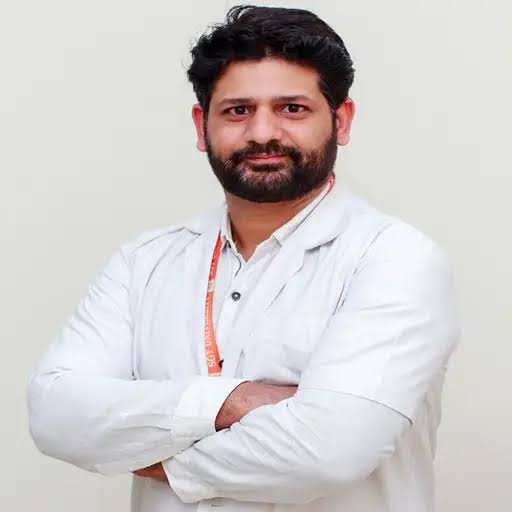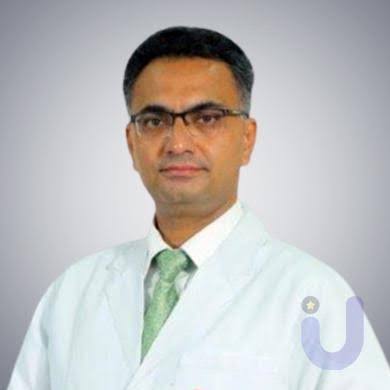
Pulmonology
Pulmonology, a branch of medicine focusing on the respiratory system, encompasses the diagnosis and treatment of conditions affecting the lungs and respiratory tract. Pulmonologists, specialized physicians in this field, play a vital role in managing respiratory health, from common respiratory infections to complex lung diseases and respiratory disorders. Let’s delve into the world of pulmonology to understand its scope, diagnostic methods, treatment modalities, and the importance of pulmonary health.
Scope of Pulmonology:
Pulmonologists deal with a wide range of respiratory conditions, including:
- Chronic Obstructive Pulmonary Disease (COPD): COPD encompasses chronic bronchitis and emphysema, leading to progressive airflow obstruction and breathing difficulties.
- Asthma: Asthma is a chronic condition characterized by airway inflammation, bronchospasms, and recurrent episodes of wheezing, coughing, and shortness of breath.
- Interstitial Lung Disease (ILD): ILD refers to a group of disorders causing inflammation and scarring (fibrosis) of lung tissue, impairing oxygen exchange.
- Pneumonia: Pneumonia is an infection of the lung tissue, causing symptoms like fever, cough, chest pain, and difficulty breathing.
- Lung Cancer: Pulmonologists diagnose and manage lung tumors, providing comprehensive care for lung cancer patients.
- Pulmonary Hypertension (PH): PH is a condition characterized by high blood pressure in the pulmonary arteries, leading to heart and lung complications.
- Sleep Disorders: Pulmonologists evaluate and treat sleep-related breathing disorders like sleep apnea, central sleep apnea, and insomnia.
Diagnostic Techniques:
Pulmonologists employ various diagnostic tools and tests to evaluate respiratory health, including:
- Pulmonary Function Tests (PFTs): PFTs assess lung function, measuring parameters like lung capacity, airflow, and gas exchange.
- Imaging Studies: Chest X-rays, CT scans, and MRI scans provide detailed images of lung structure and abnormalities.
- Bronchoscopy: This procedure involves inserting a thin, flexible tube (bronchoscope) into the airways to examine the lungs, collect samples, or perform therapeutic interventions.
- Sleep Studies: Polysomnography (sleep studies) assess sleep patterns, breathing abnormalities, and diagnose sleep disorders.
- Arterial Blood Gas (ABG) Analysis: ABG tests measure oxygen and carbon dioxide levels in arterial blood, evaluating respiratory function and acid-base balance.
- Allergy Testing: Identifying allergens through skin tests or blood tests helps diagnose allergic respiratory conditions like allergic rhinitis and asthma.
Treatment Modalities:
Treatment approaches in pulmonology vary depending on the specific condition but may include:
- Medications: Bronchodilators, corticosteroids, antibiotics, antivirals, and immunosuppressants are prescribed to manage respiratory conditions.
- Oxygen Therapy: Supplemental oxygen is provided to patients with chronic respiratory failure or hypoxemia.
- Pulmonary Rehabilitation: Rehab programs include exercise training, education, and lifestyle modifications to improve lung function and quality of life.
- Smoking Cessation Programs: Pulmonologists help patients quit smoking to prevent and manage respiratory diseases.
- BiPAP/CPAP Therapy: Continuous Positive Airway Pressure (CPAP) and Bilevel Positive Airway Pressure (BiPAP) devices are used to treat sleep apnea and breathing disorders.
- Surgical Interventions: Lung resection surgeries, lung transplant, bronchial thermoplasty, and interventional bronchoscopy procedures are performed for advanced lung conditions.
- Immunizations: Vaccinations against influenza, pneumonia, and other respiratory infections help prevent complications in vulnerable populations.
Importance of Pulmonary Health:
Maintaining optimal pulmonary health is crucial for overall well-being and quality of life. Healthy lungs ensure efficient oxygenation, respiratory function, and immune defense against respiratory infections. Regular check-ups with a pulmonologist, lifestyle modifications (like quitting smoking, staying active, and managing allergies), and early detection and treatment of respiratory conditions are key to preserving lung health.
Conclusion:
Pulmonology plays a pivotal role in diagnosing, treating, and managing a spectrum of respiratory disorders. Through advanced diagnostic techniques, personalized treatment plans, and multidisciplinary care, pulmonologists strive to improve lung function, alleviate symptoms, and enhance the quality of life for patients with respiratory ailments.
Trust MET Hospital for the best pulmonary care available. Our knowledgeable staff is committed to providing the best care possible for pulmonology-related conditions. You may rely on us for specialized, cutting-edge medical assistance. We at MET Hospital are primarily concerned with your health.
Departments
EXCELLENTBased on 126 reviews
 Saurabh Pandit2024-10-16My wife was admitted in case of emergency because of datura poisoning. When she was admitted, she was suffering from a high fever, dizziness, and itching all over her body. But thanks to the MET hospital and team, now she is fine and conscious. The staff of the hospital is professional; they treated me so well. Special thanks to Mr. Deepak; he also understands our financial condition and regards us with a special discount. Thanks, Met Hospital and team. Thanks a lot for your help.
Saurabh Pandit2024-10-16My wife was admitted in case of emergency because of datura poisoning. When she was admitted, she was suffering from a high fever, dizziness, and itching all over her body. But thanks to the MET hospital and team, now she is fine and conscious. The staff of the hospital is professional; they treated me so well. Special thanks to Mr. Deepak; he also understands our financial condition and regards us with a special discount. Thanks, Met Hospital and team. Thanks a lot for your help. Chandan Chauhan2024-10-10Best hospital best dr. And diagnosis and treatment all nursing staff behavior is best Best food Mr. Anup nursing staff very best staff All staff very best
Chandan Chauhan2024-10-10Best hospital best dr. And diagnosis and treatment all nursing staff behavior is best Best food Mr. Anup nursing staff very best staff All staff very best AKASH KUMAR2024-10-02I have recently visited at MET hospital because of high fever 🤒 and body pain. Know I am fit and fine because of Very helpful and supportive nursing staff and doctor. You can get your health care at reasonable price here. I would highly recommend MET hospital 🏥
AKASH KUMAR2024-10-02I have recently visited at MET hospital because of high fever 🤒 and body pain. Know I am fit and fine because of Very helpful and supportive nursing staff and doctor. You can get your health care at reasonable price here. I would highly recommend MET hospital 🏥 Harsh Kumar2024-10-02The staff at MET hospital has been extremely professional and cooperative. Every time have visited the hospital have been given good service . One staff Mr Anup stands apart as he is well versed with his job and does his work professionally. His behaviour towards patients is extremely courteous and he always treats them with lots of respect and smile. Mr Anup always tries to bring a smile on the patients face even when things are difficult. He is really a great asset to the MET hospital.
Harsh Kumar2024-10-02The staff at MET hospital has been extremely professional and cooperative. Every time have visited the hospital have been given good service . One staff Mr Anup stands apart as he is well versed with his job and does his work professionally. His behaviour towards patients is extremely courteous and he always treats them with lots of respect and smile. Mr Anup always tries to bring a smile on the patients face even when things are difficult. He is really a great asset to the MET hospital.




